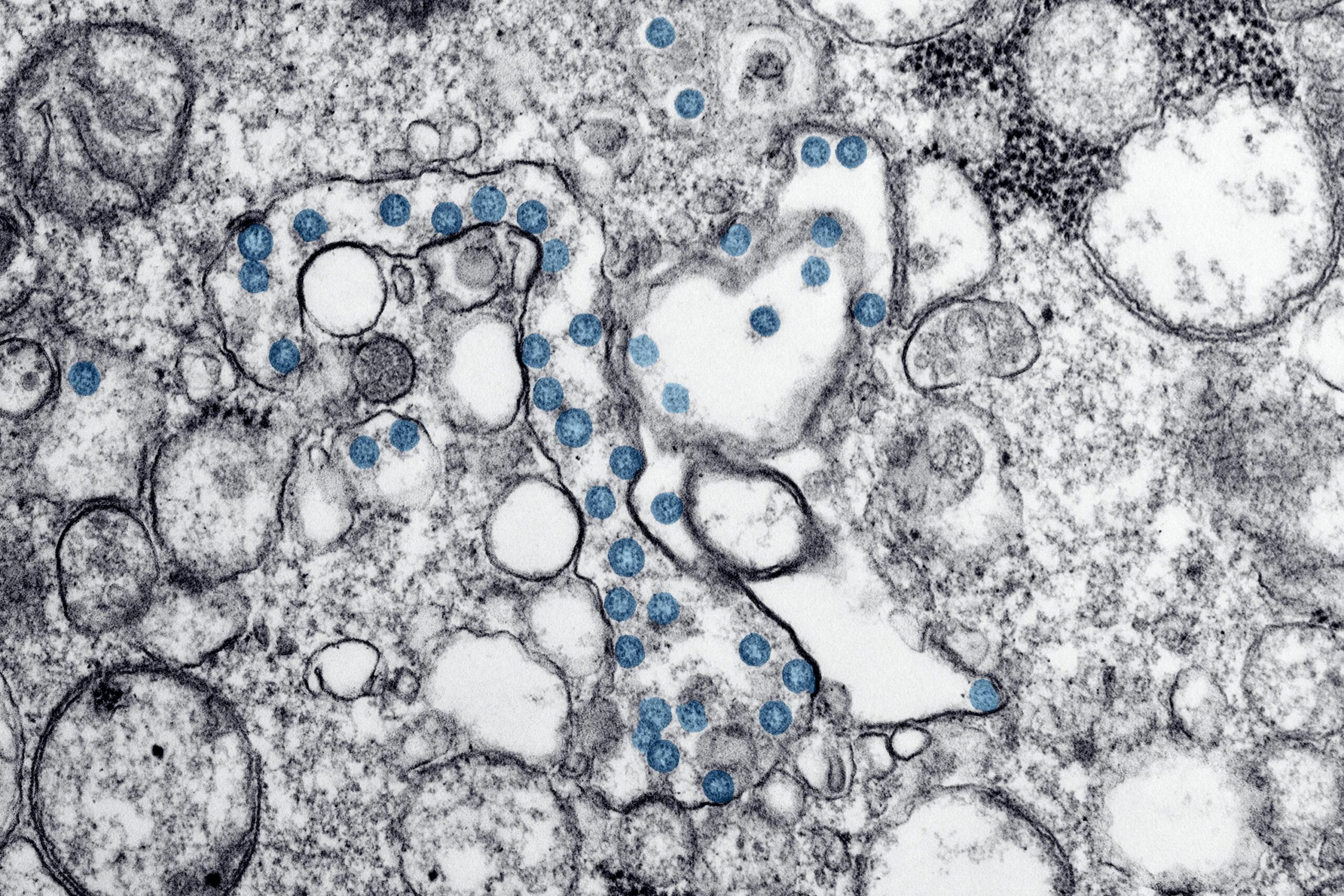A joint collaborative research effort by the United States, Canada, Japan, and France demonstrates that inflammatory diseases such as arthritis, psoriasis, and even skin cancer may link to a protein found within the gut microbiome. This protein, phospholipase A2-IIA, has inflammatory properties and resides in the fluid surrounding the joints of individuals suffering from forms of arthritis. Additionally, large quantities of this protein congregate within the human gastrointestinal system.
Researchers think that the continuation of research on phospholipase A2-IIA may lead to medical treatments that can eliminate overproduction in the gut microbiome. In addition, these future treatments may alleviate and prevent the painful side effects of chronic inflammation.
Canadian Phospholipase A2-IIA Study
Animal model testing on transgenic mice resulted in the automatic development of chronic systemic inflammation as they began to age. The mice underwent genetic alterations to express the human genetic code for phospholipase A2-IIA. Canadian researchers at the Université Laval found that the animal model experiments showed that phospholipase changes bacterial lipids traveling to the gut.

“It took a long time before we realized that it exhibits antibacterial activity[…]The protein interacts little with the membrane of human cells, but it has a high affinity for bacterial membranes. It binds to these membranes and splits them, releasing small molecules such as fatty acids,” explains Dr. Eric Boilard in a recent statement. Dr. Boilard is a professor at the Faculty of Medicine at Université Laval, and a researcher at CHU de Québec–Université Laval Research Centre.
As these altered fatty acids end up in the gut microbiome, the protein then produces proinflammatory lipids that cause system-wide swelling around the joints and increase painful arthritic symptoms.
Japanese Phospholipase A2-IIA Study
Along with the Canadian study, a research study on phospholipase was also conducted at the University of Tokyo. In this study, led by Japanese researcher Makoto Murakami, scientists found similar results. Phospholipase impacted the gut microbiome of study mice by affecting psoriasis, certain types of skin cancer, and other inflammatory illnesses.
Joint Studies and Future Medical Benefits
The Canadian research team and the Japanese research team decided to combine their scientific efforts and findings to benefit the global medical community.
“The work of both teams suggests that local inhibition of phospholipase may alleviate the inflammatory process that exacerbates certain diseases. It also suggests that blocking the bacterial proinflammatory lipids produced in the gut by this protein could reduce symptoms in people with systemic inflammatory diseases. The next step in our work is to test these ideas in patients with arthritis,” adds Dr. Boilard.
Both teams, consisting of 22 researchers, remain hopeful that these groundbreaking findings will lead to preventative and therapeutic treatment advancement. The future of internal microbial health, pain management, and overall wellbeing of individuals suffering from inflammatory diseases may improve very soon, starting at the gut level.
This article is published in the Journal of Clinical Investigation.










